How to Fight Against Climate Change Living in Japan
Kaizen your way to a better world
Global warming is a worldwide issue that we all had a hand in—now it’s time to do our part in reversing it.
There is a saying: A society grows great when old men plant trees in whose shade they know they shall never sit.
Unfortunately, at the moment most lawmakers, captains of industry and governments worldwide are not really thinking of planting the seeds for a sustainable society that will continue after they themselves pass on.
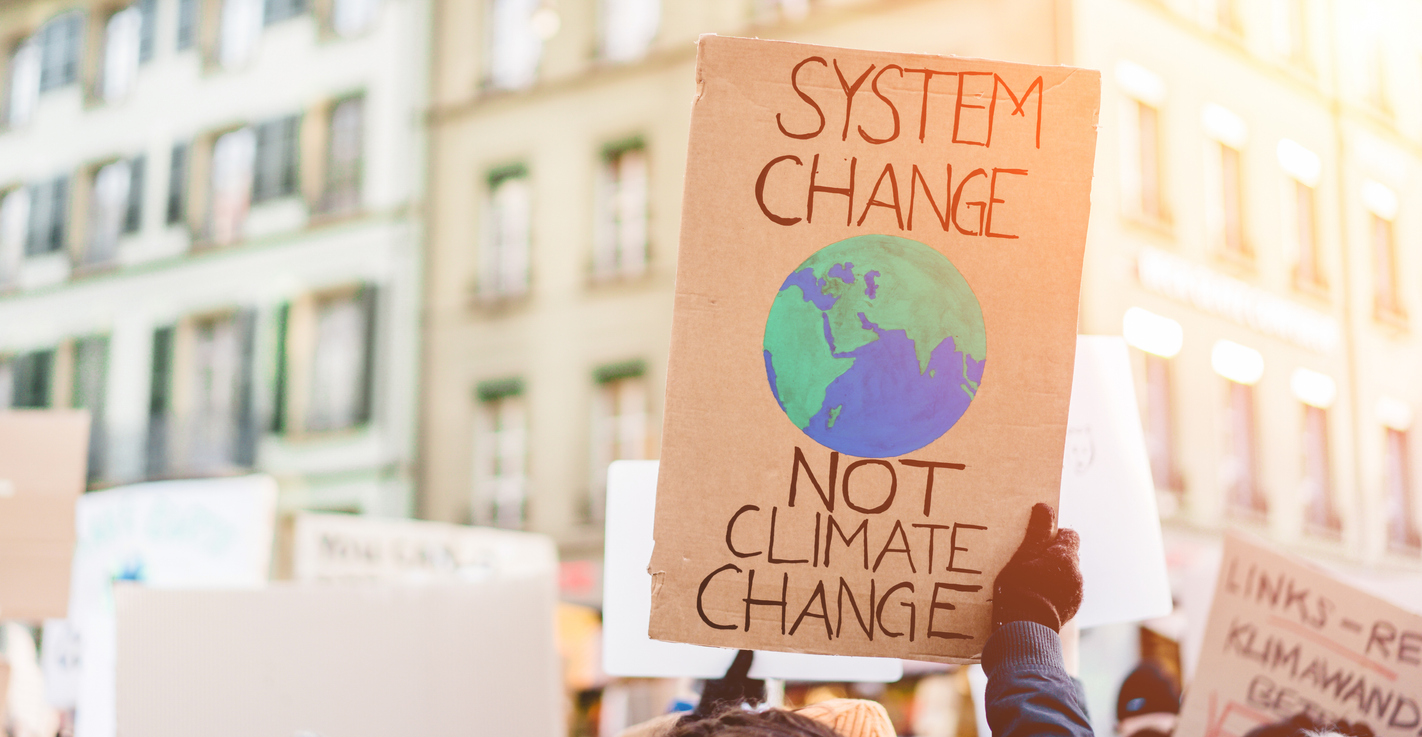
Despite warnings of a 5 to 10-year deadline to avoid worldwide climate change disaster, reactions are still too slow. Japan’s Cabinet is making plans to reduce greenhouse gas emissions to zero in the second half of the 21st century, a glacial pace that indicates we all need to pull together and save our home by pushing for more significant changes.
Besides petitions, supporting lawsuits, and pushing officials in your country/region to make changes in laws and crack down on those who don’t follow them, the best way to affect change is to hit businesses where it hurts: profits. By changing your consumption habits and those of your friends and family, we can reduce the market for resource-draining goods and services, helping to lighten our carbon footprints.
Reduce, reuse, recycle!
It is tough (although certainly not impossible) to go single-use plastic-free, but there are other types of plastics that are easier to turn down than others: plastic bags, plastic bottles/cups, straws and cutlery, including chopsticks.
The Problem: According to Simon Denyer of the Washington Post, each average person in Japan uses around 300 or 400 plastic bags a year. That is about one every single day for a year, or 40 billion annually for the entire nation! A study done by the Union of Kansai Governments found that there are three million plastic bags floating in Osaka Bay alone.
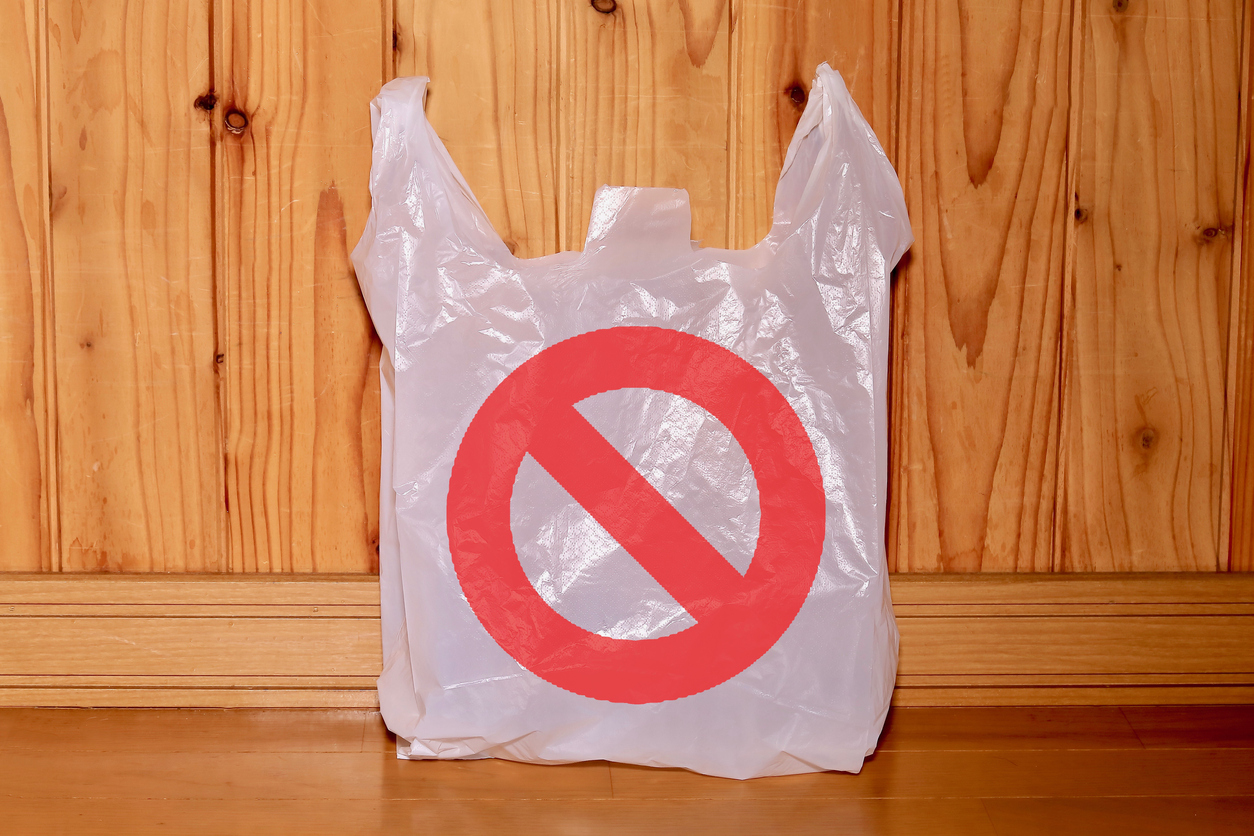
If you then think beyond bags to all the onigiri wrappers, plastic bottles, bento boxes, and wet tissues that usually constitute a single meal from a convenience store, the sheer amount of waste for just minutes of use is staggering and indefensible.
The Solution: Get yourself a sturdy metal canteen or reusable mug, dig out a pair of chopsticks and a couple of eco-bags from your cupboards and stuff them in your bag or backpack. With this basic, cheap kit you can easily refuse single-use plastic when on the go, and you may even be surprised by just how often you will find yourself saying “no thanks” to the stuff. I promise that within a month pulling out reusables will become a habit and won’t take up brain space or time.
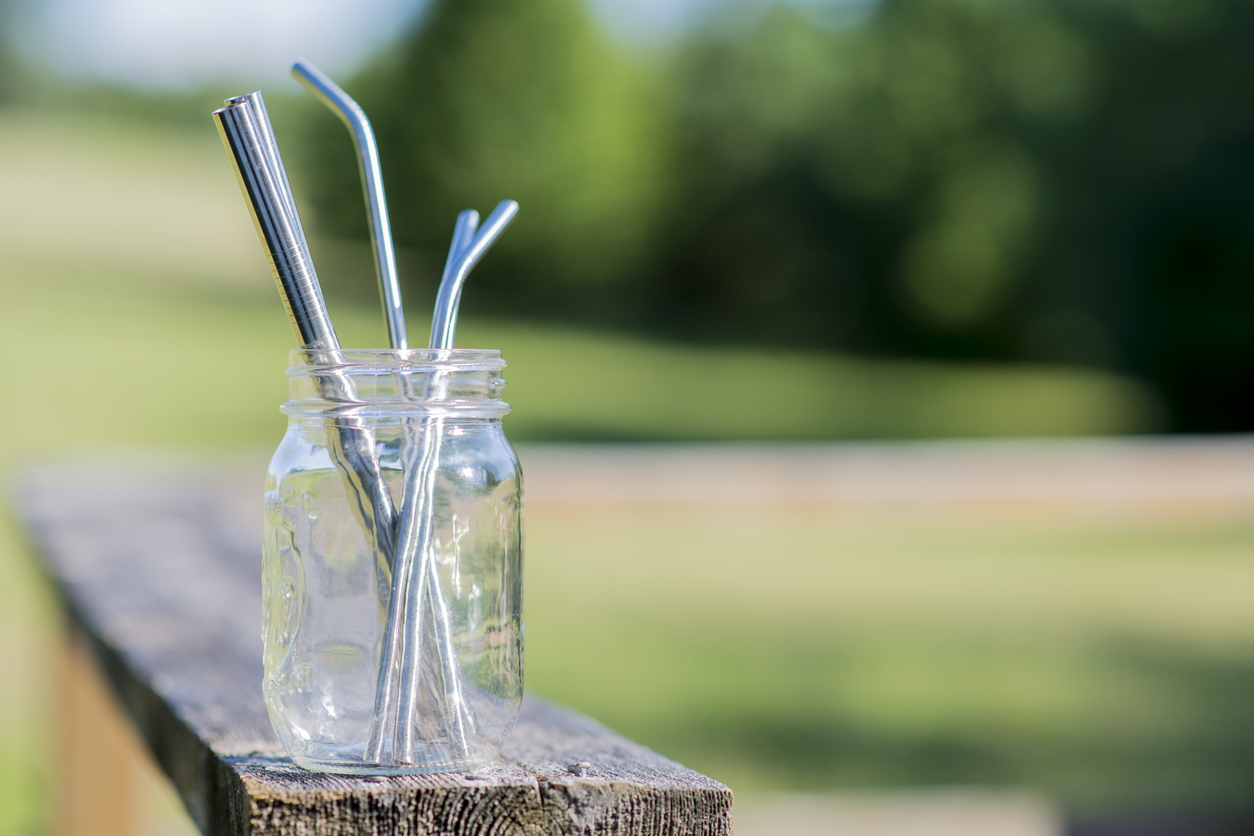
When shopping for food, select options that are not wrapped in plastic—vegetables, and fruit do not need to be triple-wrapped, dry goods can be bought and stored in bulk, and you can go to family-run shops with your own reusable containers. These steps will help you significantly decrease the amount of plastic you use, and thus your economic support of plastic-addicted manufacturers. Instead of plastic wrap, get a set of beeswax wrappers, which can be reused for a year or more. Just don’t put them in the microwave, like certain writers who shall remain anonymous…
Everything comes with a hidden price
The Problem: As for goods and commodities, I have spoken before of the wallet-fattening joys of frugality and value-based spending, but will state it clearly here: you can’t buy your way into a sustainable lifestyle. No matter how organic/fair-trade/energy-saving the product, it still requires taking resources from the Earth to make, transport, and sell.
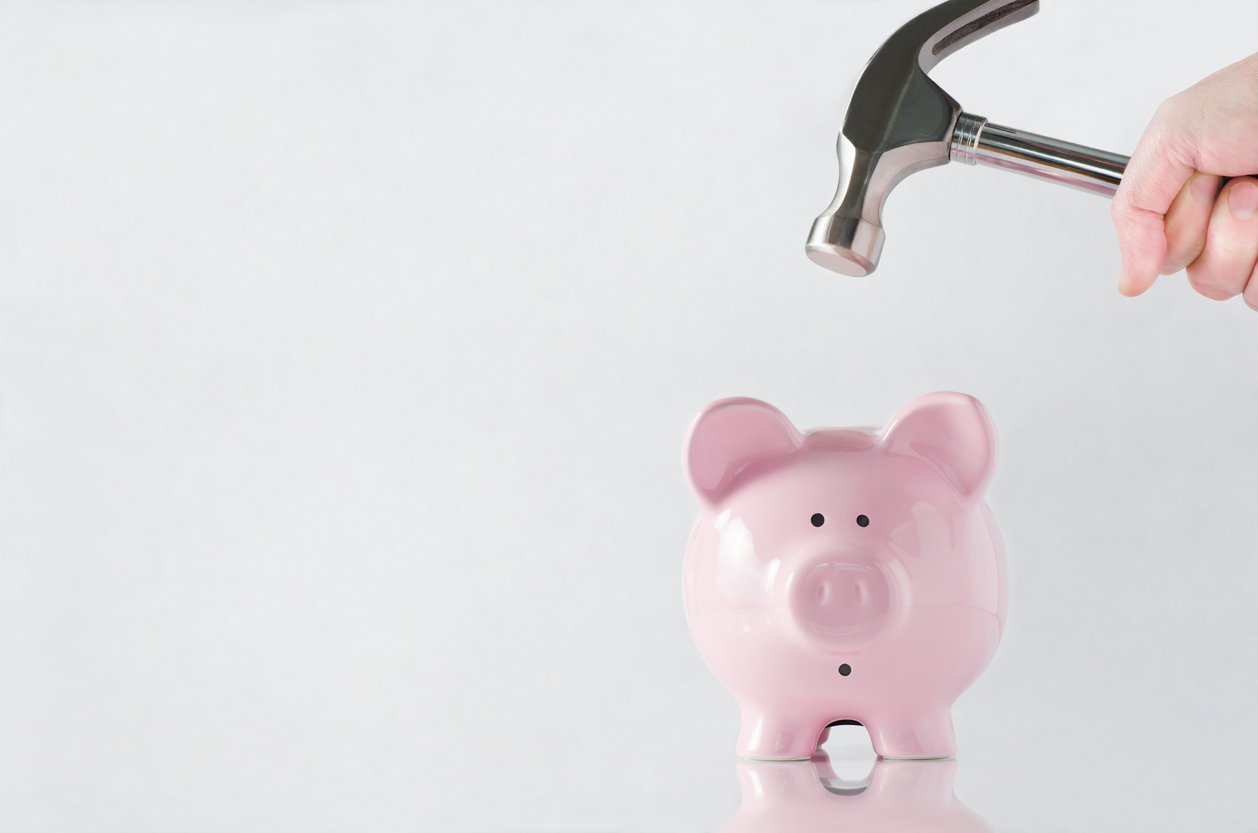
The Solution: If you absolutely need to buy something, do your research and find the best-made, toughest, most resistant option, so that you won’t need to replace it for years (or decades!) If you only need to use something once or twice, see if you can borrow it from a friend or via the many online sharing services popping up such as Times Car Share (cars), airCloset (clothes), or Alice.share (electronics).
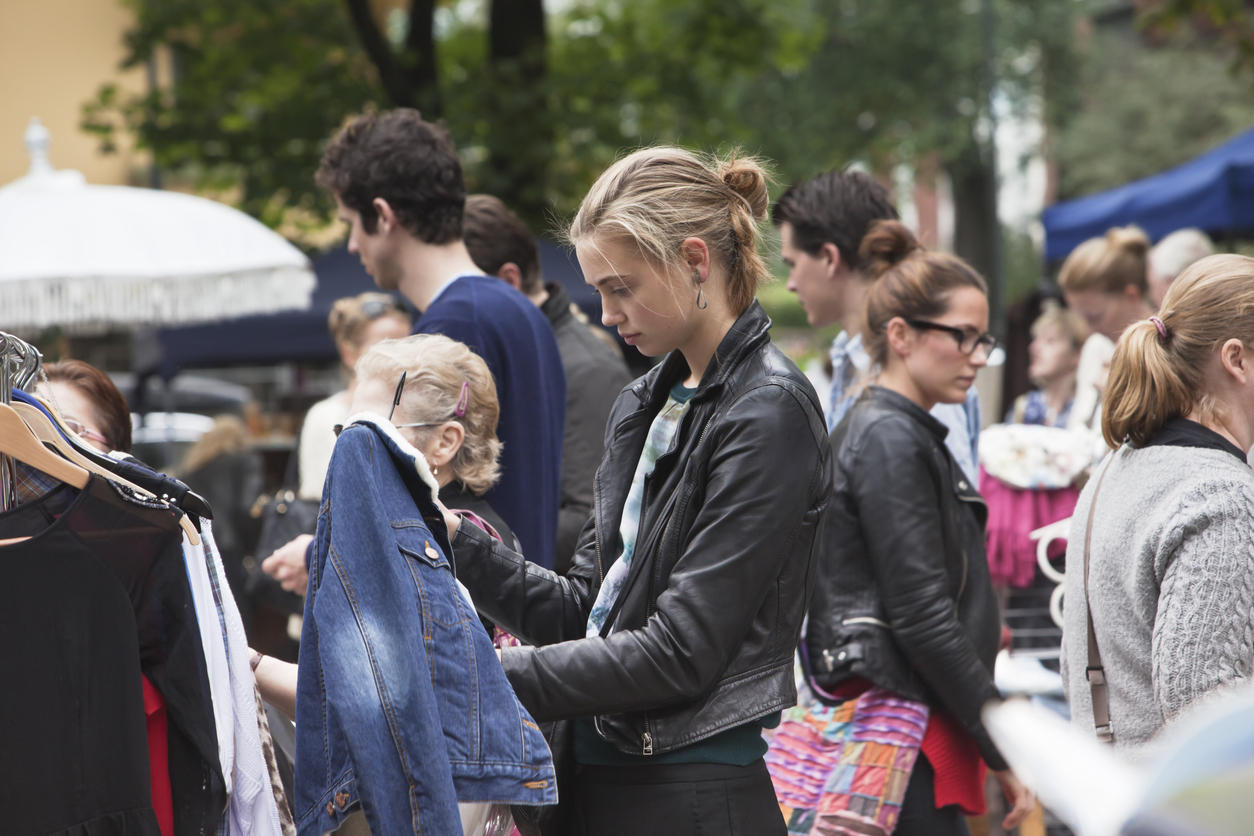
Opting for used or pre-loved goods not only helps you keep still-usable stuff out of landfills, but is also kinder to your wallet. All of the available used clothing and goods stores in Japan (such as Hard Off), in addition to sites like Mercari, Craigslist, and Mottainai, and more it is easy to find what you need. You may be surprised by how much money you save too, which is always a pleasant bonus!
Sustainable travel
As expats, visiting far-away family is important, so one has to be realistic about removing these trips entirely from one’s plans. But keeping flights to a minimum helps and for shorter vacations, think local instead of global.
The Problem: By 2050, if we are still here to enjoy the planet, airplanes will have released 43 gigatonnes of dangerous CO2 and ozone-forming NOx directly into the higher levels of the atmosphere, where it does the most damage. For every flight an individual takes, huge amounts of pollutants are released into the atmosphere, and the continuing rise in international travel worldwide is a major contributor.
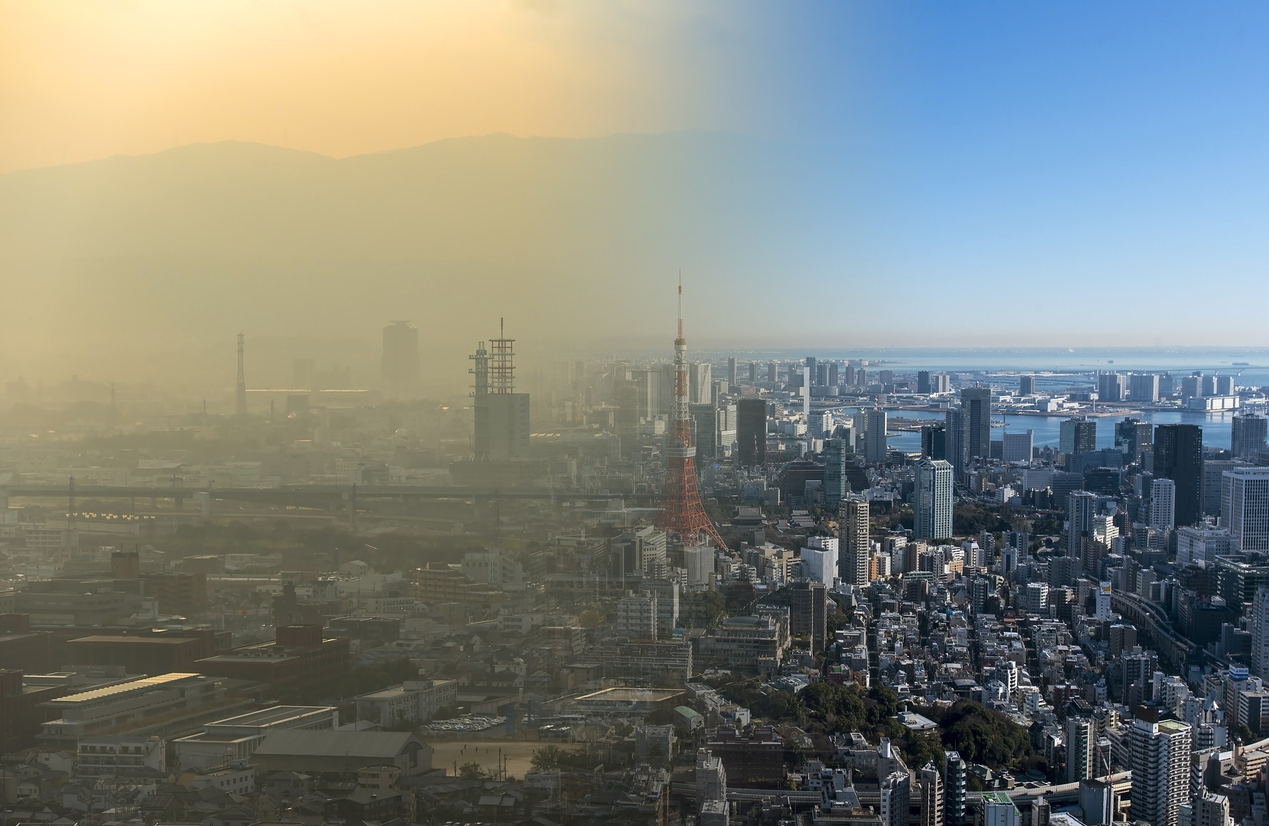
The Solution: As a lover of travel it pains me greatly to say this, but we all need to cut back on leisure and business trips. While there are some companies that offer offsetting options for your flights, it is not going to be enough. So how about heading to areas that can be reached by train or bus? Contribute to the economy of Japan’s more rural areas, save a bit of cash, and skip the flying gas-guzzling sardine can.

Cut your meat consumption
The Problem: For some reason, this appears to be the most controversial of all these arguments, but the numbers don’t lie. After energy production—more about that below—the livestock industry is the second biggest contributor to greenhouse gases. This is not just due to the process of raising mass numbers of animals for food, but also the huge swathes of CO2-absorbing forests being cut down to make way for animal agriculture and environmental damage from manure run-off.

Beef and pork are particularly heavy hitters, as it takes 3.3 kilos of CO2 to produce just around 200 grams of beef and 860 grams of CO2 for the same amount of pork. Dairy products (2.4 kilos of CO2 per liter of milk) and eggs (around 1.4 to 1.6 kilos of greenhouse gases per kilo) are also part of the problem.
The Solution: Instead of growing crops to feed animals that then end up on the plates of people from the world’s wealthier countries, cut out the middleman and just eat the crops themselves. The earth—and your body—will thank you.
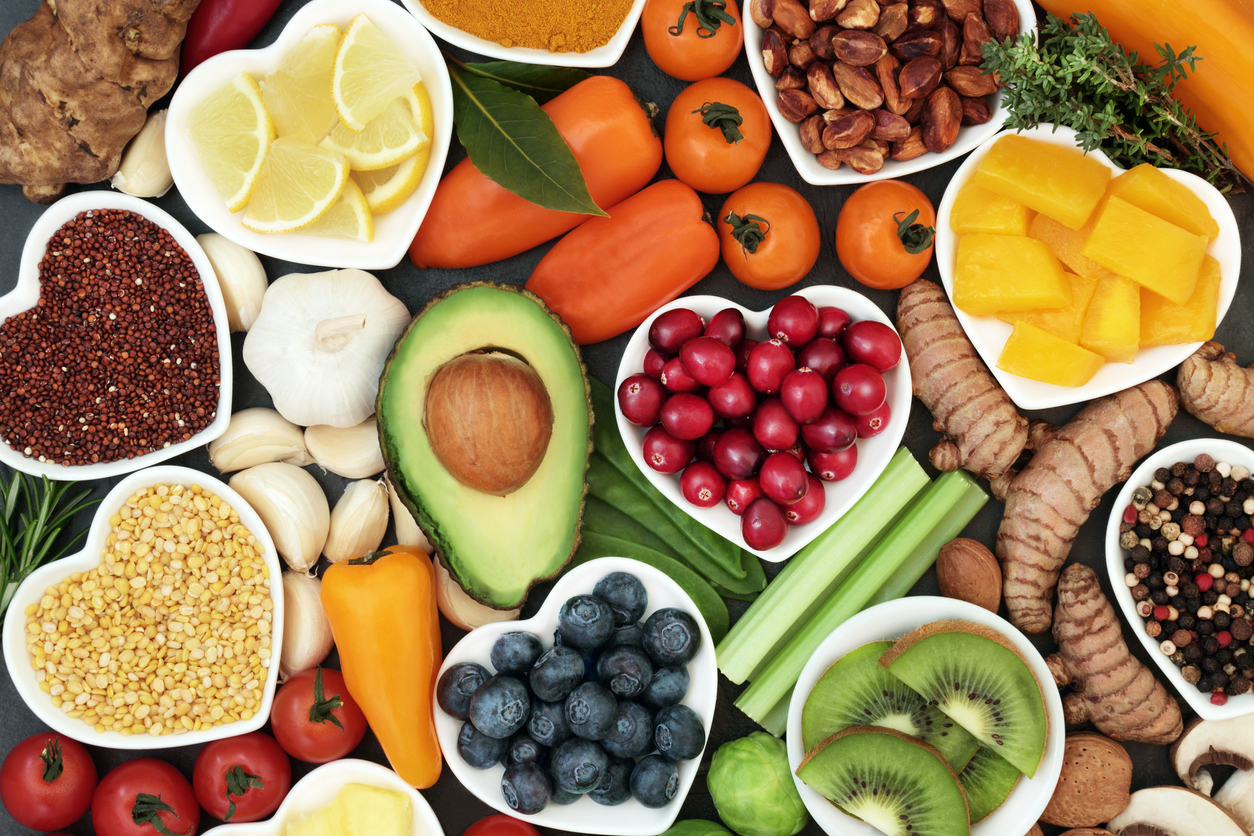
Agitate against fossil fuels
The Problem: Although making changes in your own life are important, we must remember that the biggest contributors to pollution are big businesses and governments. Research done by the Climate Accountability Institute points to 63% of carbon and methane emissions coming from just 90 companies, primarily fossil fuel businesses like Chevron, ExxonMobil, Saudi Aramco, and BP.
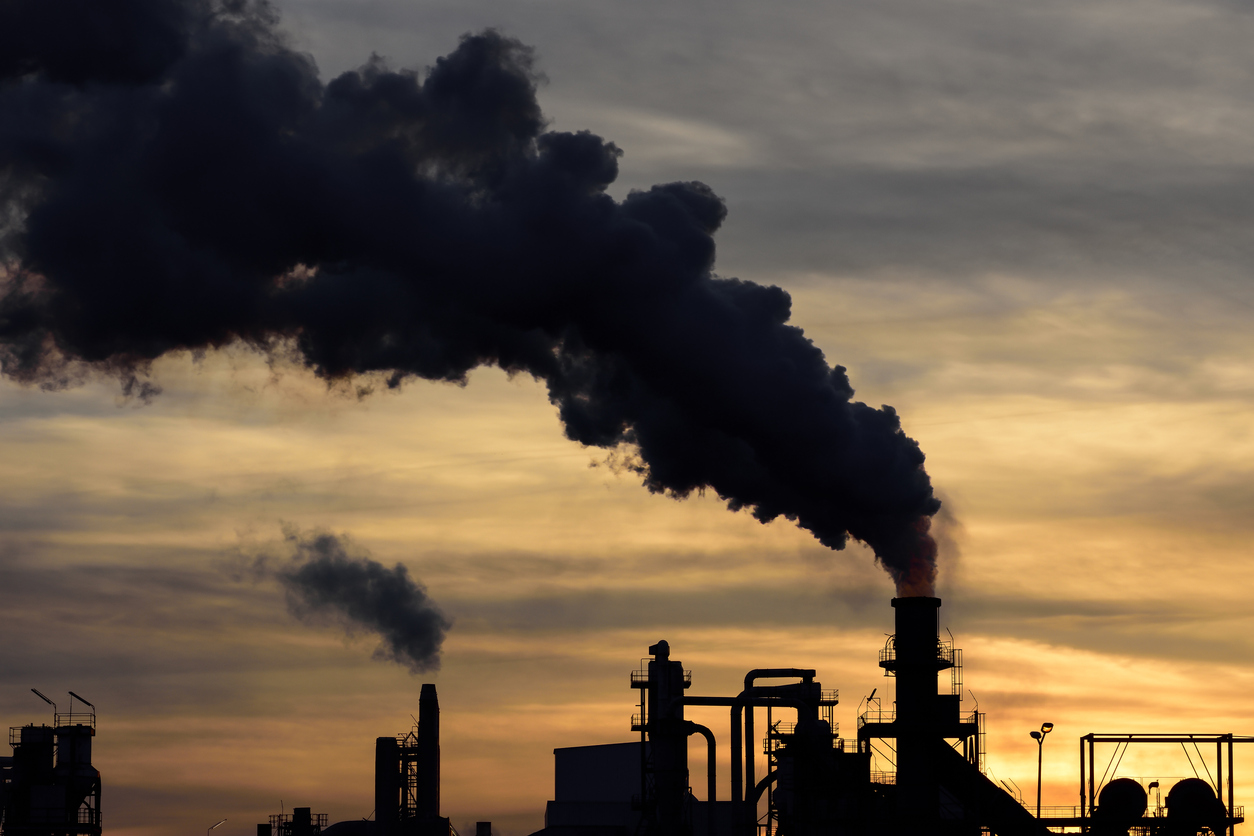
While there are no Japanese companies in the top 20 offenders, Japan is highly dependent on fossil fuels from these sources, with 89% of the country’s energy needs covered by imported oil, gas, and coal. Compared to countries like the UK, Germany, Italy, and Spain—which get 23% or more of their energy from renewable sources—Japan only got 8.1% in 2018. Compared to neighboring China, which gets 68.6% of its energy from a major fossil fuel like coal, Japan is certainly improving, but we need to push for faster progress.
The Solution: Switch to renewable energy for your home, either by installing solar panels or signing up with companies that provide clean energy. Push to drastically curb the oil-based single-use plastic and “overpackaging” so prevalent in Japan—and don’t fall for the lure of supposedly “biodegradable” plastic, which may, in fact, be just as harmful to the environment.
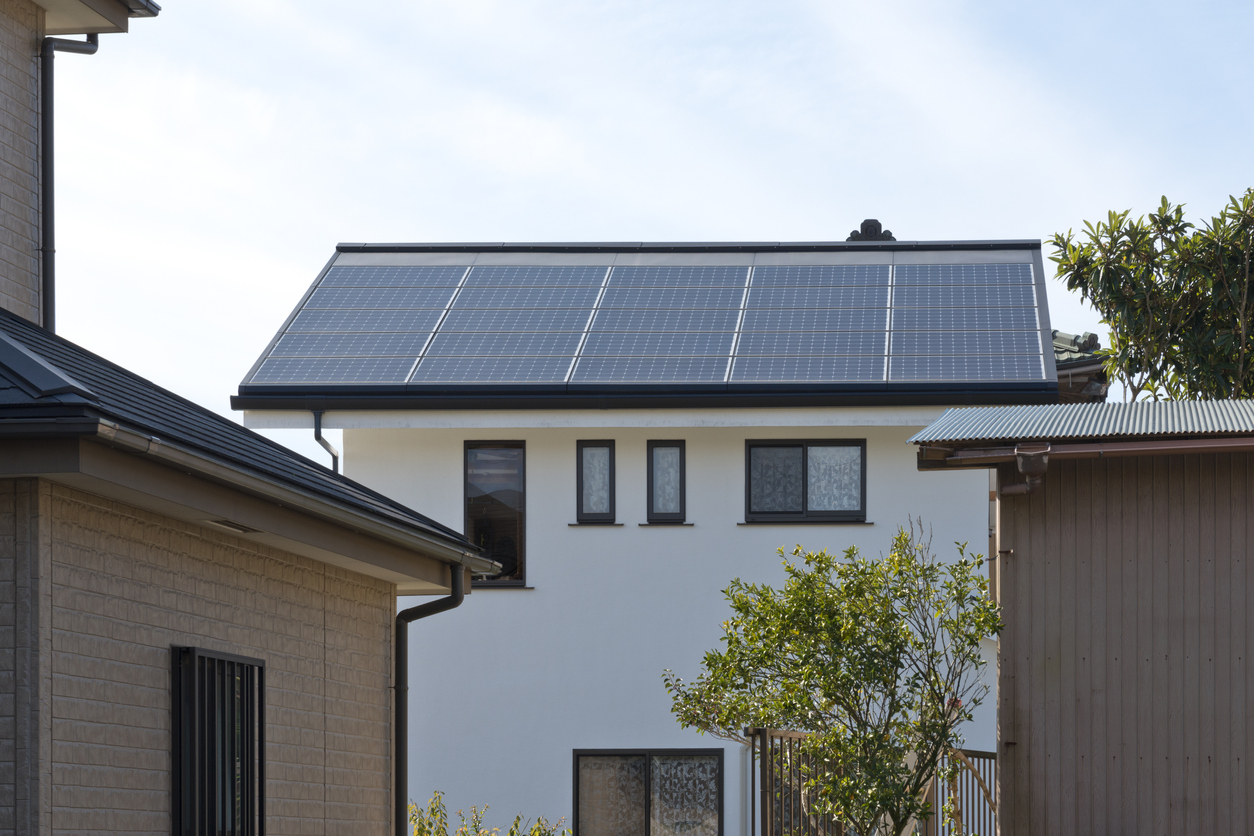
Changes start at home
If every single person started refusing to buy products wrapped in plastic packaging, stopped using cars/fossil fuel-based private transportation as a “normal” every day option, made travel choices based on the good of the collective rather than one’s own desires, made reusing eating utensils and cups the norm, ate less environmentally-damaging foods… can you imagine what we could achieve?
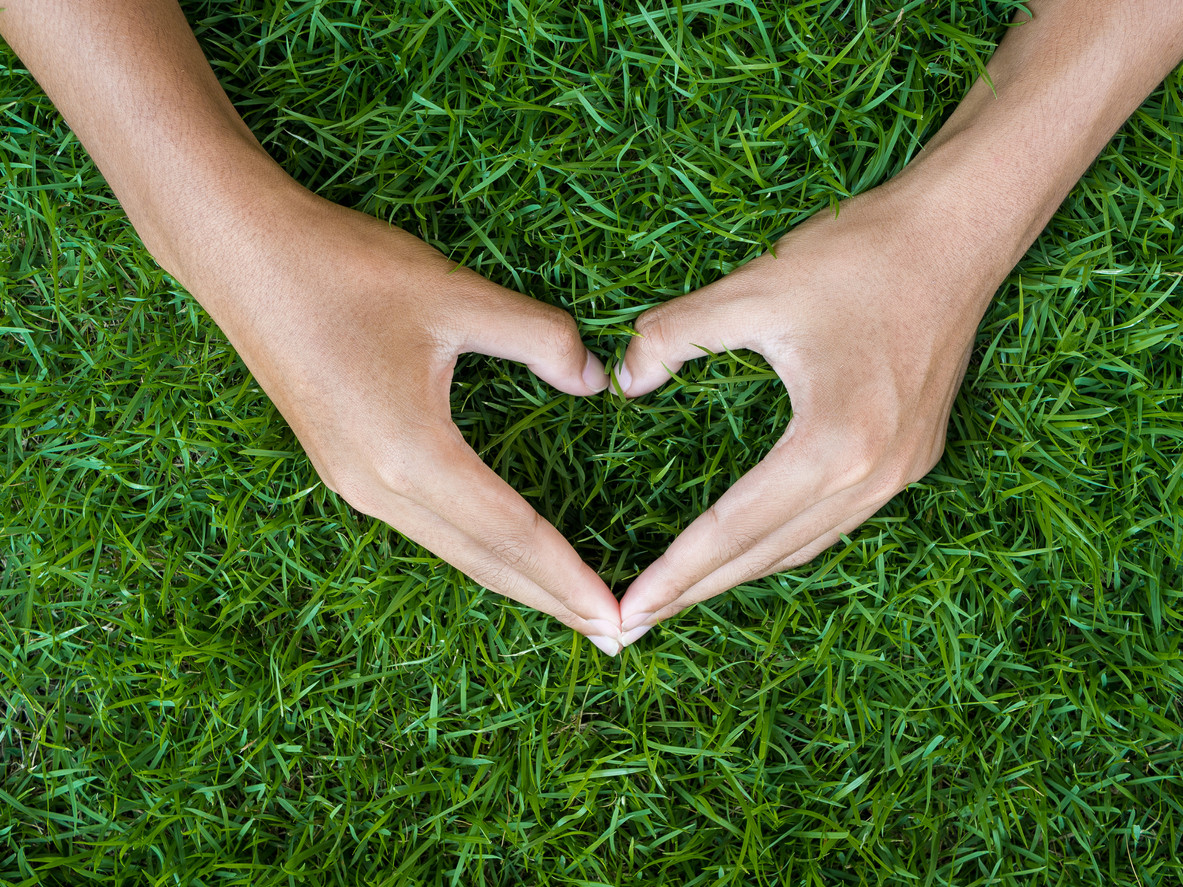
We can’t wait for “someone” to do “something”. We each have to be the change we want to see and show the way to others—including oil companies, governments, and manufacturers.
Start today, we only have one planet and nowhere to run.












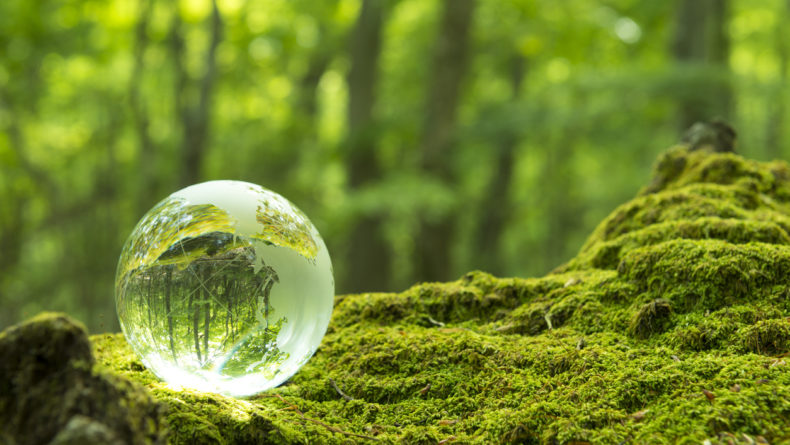

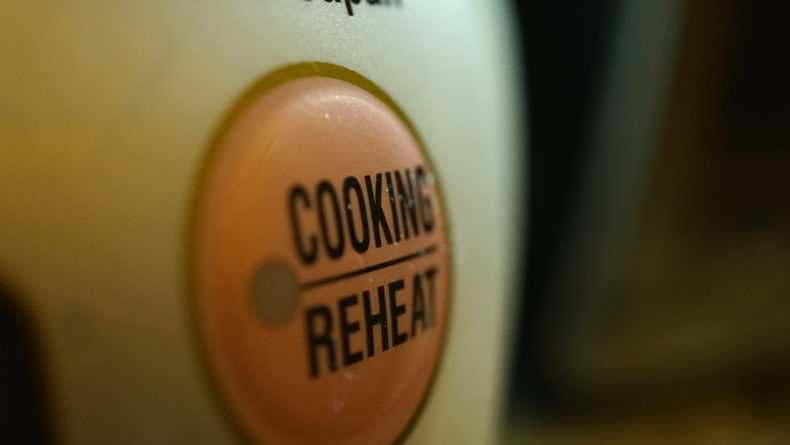
Leave a Reply